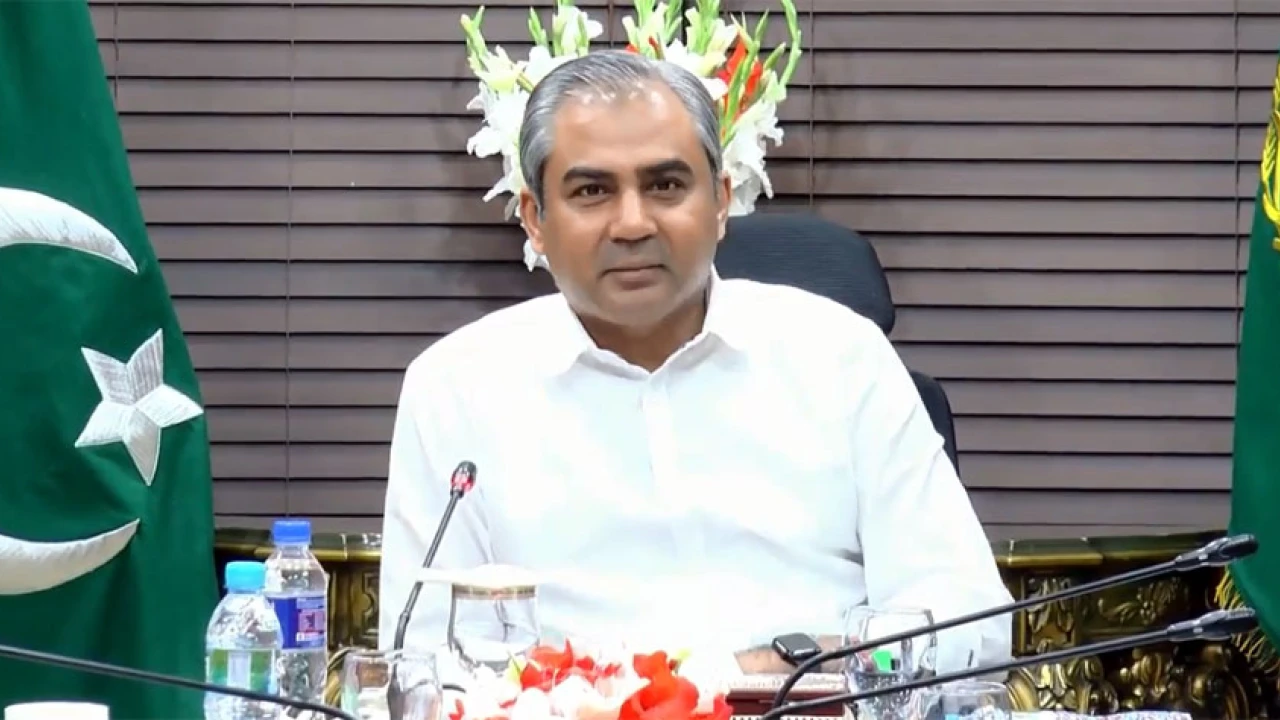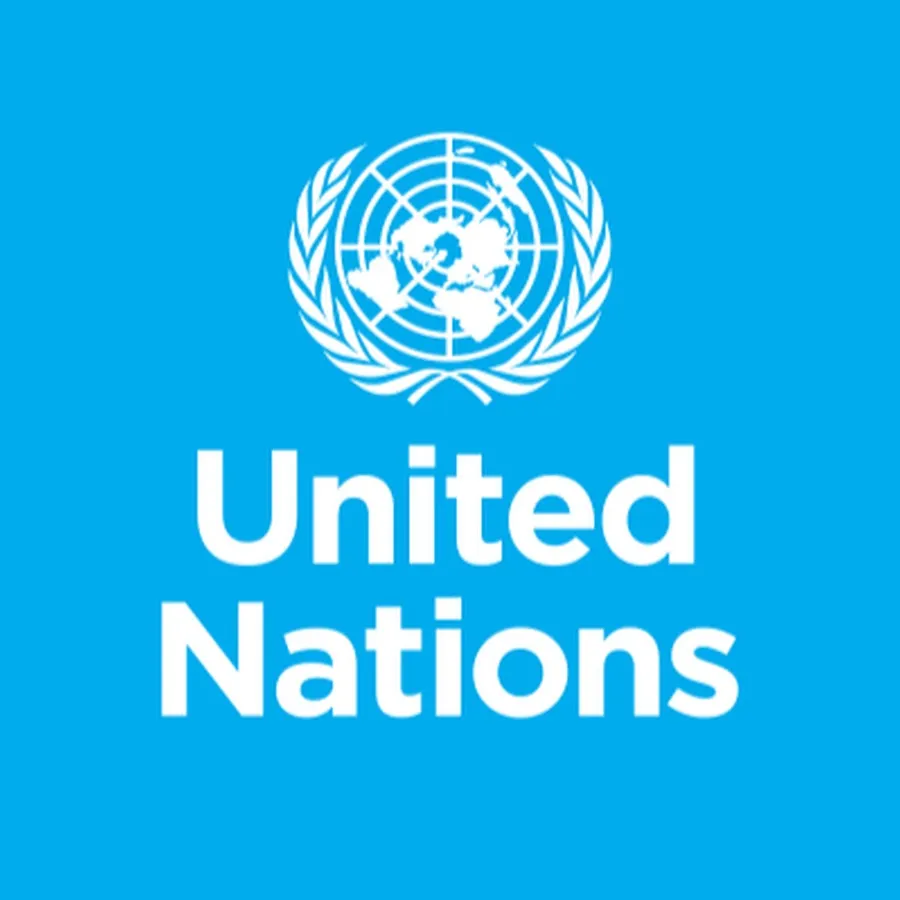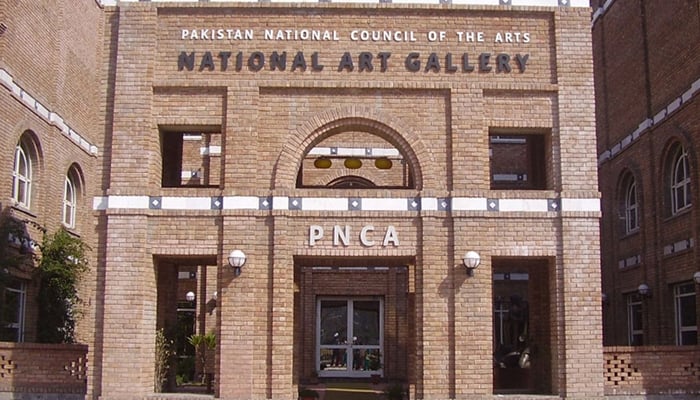In recent times, the global surge in fuel prices has sent ripples of economic unease, hitting individuals and businesses across Pakistan. As families stretch their budgets and entrepreneurs recalibrate their strategies, the relentless rise in fuel costs presents a shared challenge that transcends mere numbers on a pump.
Pakistan, like a host of other nations, now stands in its search for creative ways to cushion the impact of these escalating expenses. By delving into stories of ingenuity, exploring alternative solutions, and offering actionable insights, we unveil a tapestry of approaches that can educate and equip communities throughout the nation to fight the rising fuel prices.
Before we jump into the strategies, let’s take a moment to understand why fuel prices seem to be in a perpetual ascent. On a global scale, factors such as geopolitical tensions, fluctuations in the supply and demand of oil, and the speculative nature of markets all contribute to the rollercoaster ride of fuel prices. On a local level, Pakistan’s challenges, such as currency devaluation and intricate taxation policies, play a significant role in this complex equation.
The following are some methods that can be used to combat the effects of the factors above, i.e., useful tips to help cope with the ever increasing fuel prices in Pakistan.
1. Elevating Fuel Efficiency
Let’s start with a game-changer – fuel efficiency. Regular vehicle maintenance isn’t just about keeping your ride in tip-top shape; it directly impacts your fuel consumption. Imagine each oil change and tire check as an investment in your vehicle’s efficiency. Clean air filters, optimal engine performance, and using the recommended motor oil can make a substantial difference in your fuel efficiency. It’s like giving your vehicle a well-deserved spa day that keeps it performing at its best. When your car is humming along smoothly, it requires less fuel to cover the same distance.
By embracing these practices, you could end up with more miles for every rupee spent. But there’s more – carpooling and public transportation come into play. Carpooling, besides being a social activity, effectively cuts your individual fuel expenses. Public transportation is a green and budget-friendly alternative for your daily commute, reducing both your fuel costs and your carbon footprint.
2. Embracing Eco-Friendly Alternatives
Let’s talk about embracing the future: electric and hybrid vehicles. Yes, their initial costs might raise eyebrows, but it’s a smart investment in the long run. These vehicles have lower operational expenses and, notably, a significantly reduced environmental impact. It’s not just about cutting down on fuel costs; it’s about contributing to a sustainable tomorrow.
For shorter distances, consider alternatives like cycling or walking. Besides the fuel savings, you’re also embracing a healthier lifestyle. These seemingly small steps can translate into significant benefits for both your wallet and well-being.
3. Remote Work:
Remote work is more than just a trend – it’s a golden opportunity to bypass the daily commute and save on fuel. Creating a designated workspace at home can boost your productivity while minimizing the need to drive. Moreover, by cutting down on commuting, you’re contributing to reduced traffic congestion and cleaner air.
4. Smart Driving
Driving smartly isn’t just about getting from point A to point B; it’s about doing so efficiently. Reduce unnecessary idling – each moment your engine is on without moving is fuel wasted. Navigation apps aren’t merely for directions; they can guide you away from traffic snarls, saving you time and fuel. It’s like having your personal fuel-saver assistant right in your pocket.
5. The Price Comparison Advantage
Navigating fuel prices can be akin to navigating a maze blindfolded. That’s where fuel price comparison apps come in. They’re like your fuel-savings binoculars, helping you spot the best deals around. By planning your routes to include stops at stations with competitive prices, you’re ensuring you’re not paying a premium for your fuel.
6. Investing in Public Transportation
A highly efficient public transportation system might seem like a distant dream, but it’s a dream worth pursuing. An efficient public transportation system not only reduces your personal fuel consumption but also eases traffic congestion and curbs pollution. Imagine a smoother commute and cleaner air – that’s the future we’re talking about.
7. Unleashing the Potential of Sustainable Driving
Sustainable driving isn’t reserved for eco-warriors; it’s for everyone who wants to save on fuel costs. Consistent driving speed and smooth accelerations aren’t just good for the environment; they’re also fantastic for your wallet. Small changes in driving habits can surely accumulate into substantial savings over time and help reduce fuel costs significantly over time.
It is true that the rising fuel prices in Pakistan might feel like an uphill battle, but armed with these strategies, you’re equipped to handle the challenge. By optimizing fuel efficiency, exploring alternative transportation, and embracing smart practices, you’re not just coping; you’re taking control of your finances and reducing your carbon footprint. Think of these strategies as tools in your arsenal, helping you navigate the twists and turns of Pakistan’s fuel price landscape with confidence.
















